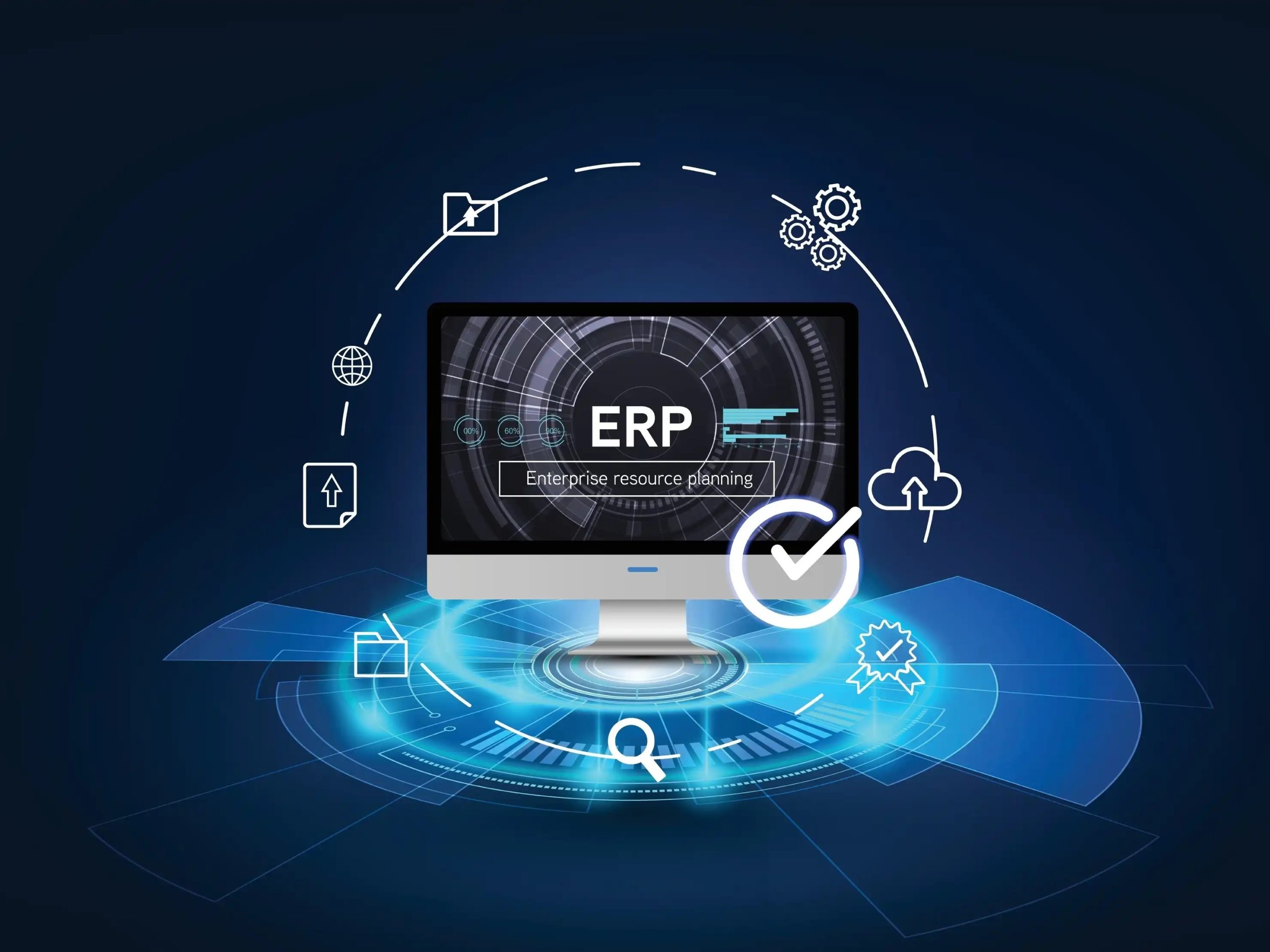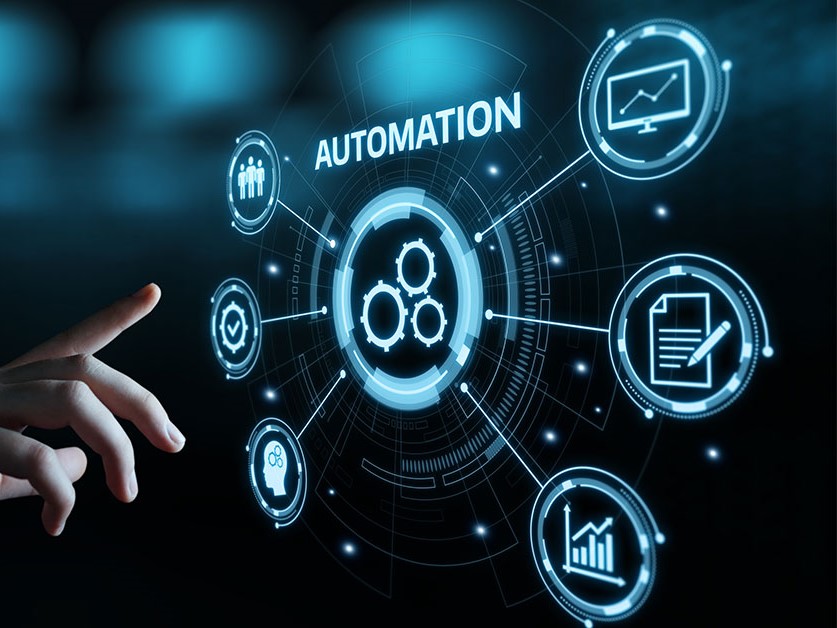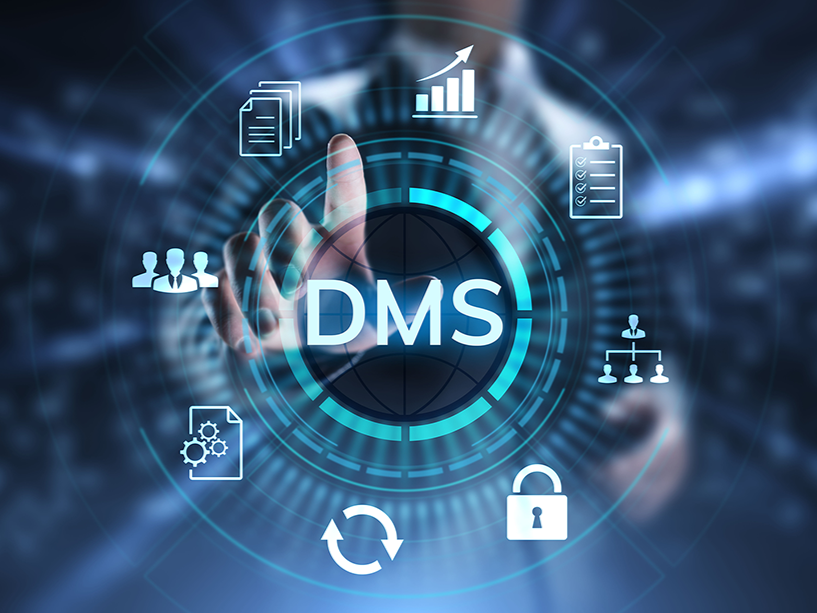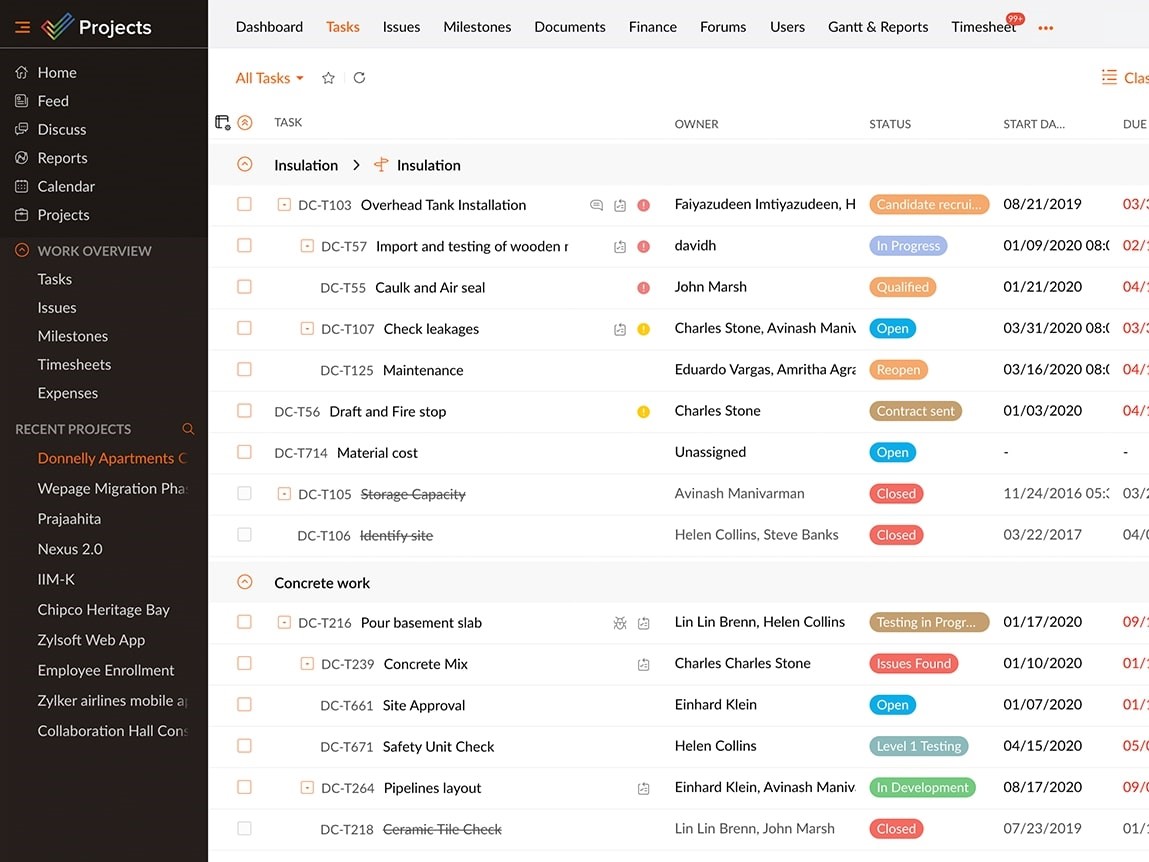Description
An Enterprise Resource Planning (ERP) System is a robust, integrated suite of software applications designed to manage and unify core business functions within a centralized database. These systems are vital for organizations seeking operational efficiency, improved data visibility, and enhanced decision-making capabilities. ERP systems connect departments like finance, human resources, procurement, inventory management, supply chain, manufacturing, and customer service, allowing them to share and access information in real time. This integration eliminates data silos, reduces manual duplication, and enhances coordination across teams. At the heart of an ERP is a centralized data repository that ensures consistency and accuracy while enabling streamlined workflows. Modern ERP solutions offer cloud and on-premise deployment, customizable dashboards, mobile accessibility, and integration with third-party tools such as CRM and e-commerce platforms. With built-in analytics, ERP systems provide deep insights into performance metrics, financial trends, sales forecasts, and resource utilization. They also aid in regulatory compliance, risk management, and audit readiness by standardizing documentation and access controls. For growing businesses, an ERP provides scalability to support expansion and adapt to evolving operational requirements. From manufacturing companies tracking production lines to retailers managing stock levels, the ERP system becomes a mission-critical infrastructure. It not only accelerates transaction cycles but also empowers leadership with real-time intelligence. Over time, ERP adoption leads to cost savings, increased agility, and a solid foundation for digital transformation. Implementing an ERP system represents a strategic investment that pays dividends through enhanced productivity, better service delivery, and stronger organizational control.





Kelvin –
Integration of the ERP with our contract management improved efficiency significantly. We reduced manual errors and enhanced collaboration between legal and procurement teams.
Suwaiba –
The ERP system is robust and feature-rich for contract management, but the initial setup took longer than expected. Once configured, it delivers excellent tracking and approval features that have improved our business contract processes.
Tunde –
This ERP solution simplified our contract lifecycle management. From drafting to execution, everything is automated and transparent.
Malami –
The ERP system has transformed how we manage contracts across departments. It centralizes all contract data, making it easy to track deadlines, approvals, and renewals.